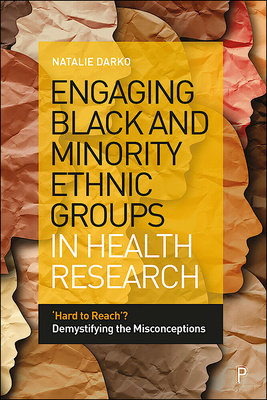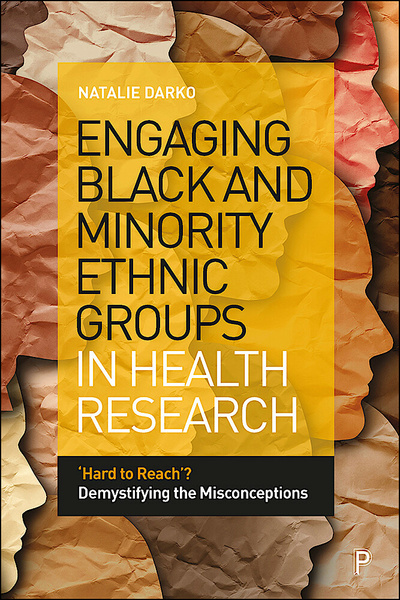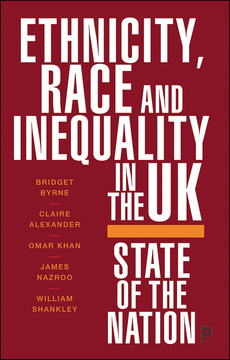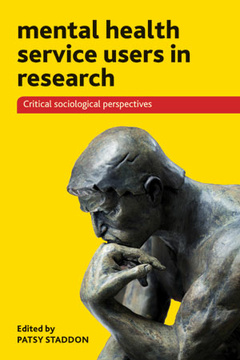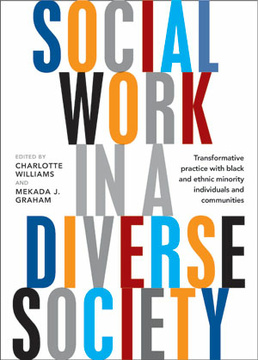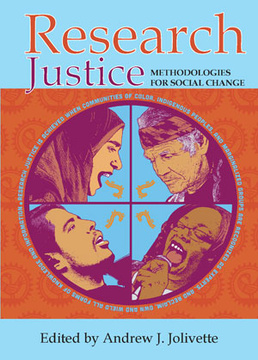Engaging Black and Minority Ethnic Groups in Health Research
‘Hard to Reach’? Demystifying the Misconceptions
By Natalie Darko
Published
Dec 13, 2022Page count
184 pagesISBN
978-1447359135Dimensions
234 x 156 mmImprint
Policy PressPublished
Jul 7, 2021Page count
184 pagesISBN
978-1447359128Dimensions
234 x 156 mmImprint
Policy PressPublished
Jul 7, 2021Page count
184 pagesISBN
978-1447359142Dimensions
Imprint
Policy PressPublished
Jul 7, 2021Page count
184 pagesISBN
978-1447359142Dimensions
Imprint
Policy PressIn the media
On our blog: Are black and minority ethnic groups vaccine-hesitant and ‘hard to reach’?
In this crucial contribution to current debates, Natalie Darko exposes the misconception that health research and health services are equally effective for all and highlights their failures in engaging with Black and Minority Ethnic (BME) groups.
Drawing on case studies, this book presents essential examples of culturally tailored recruitment, engagement and partnerships with BME groups in research and public engagement. Drawing attention to the organisational, structural and cultural barriers that prevent access for BME groups, this important book exposes the practices within health research, clinical practice, commissioning and health services that perpetuate the stereotyping of BME groups as ‘hard to reach’.
Natalie Darko is Associate Professor at the Stephen Lawrence Research Centre at De Montfort University.
Introduction
1. Concepts and Misconceptions
2. Race, Ethnicity and Health Inequalities
3. Improving Research on Race, Ethnicity and Health Inequalities
4. Importance of Intersectionality
5. Case Study: “We are not hard to reach; you are just not reaching us!” Understanding intersectionality and the prevention and management of Type 2 Diabetes amongst British African-Caribbean Women
6. South-Asian and BME migrant women’s experiences of culturally tailored women-only physical activity programme for improving participation, social isolation and well-being
7. Experiences of health and well-being during periods of fragile citizenship amongst African-Caribbean migrant groups
Conclusion
Bibliography







